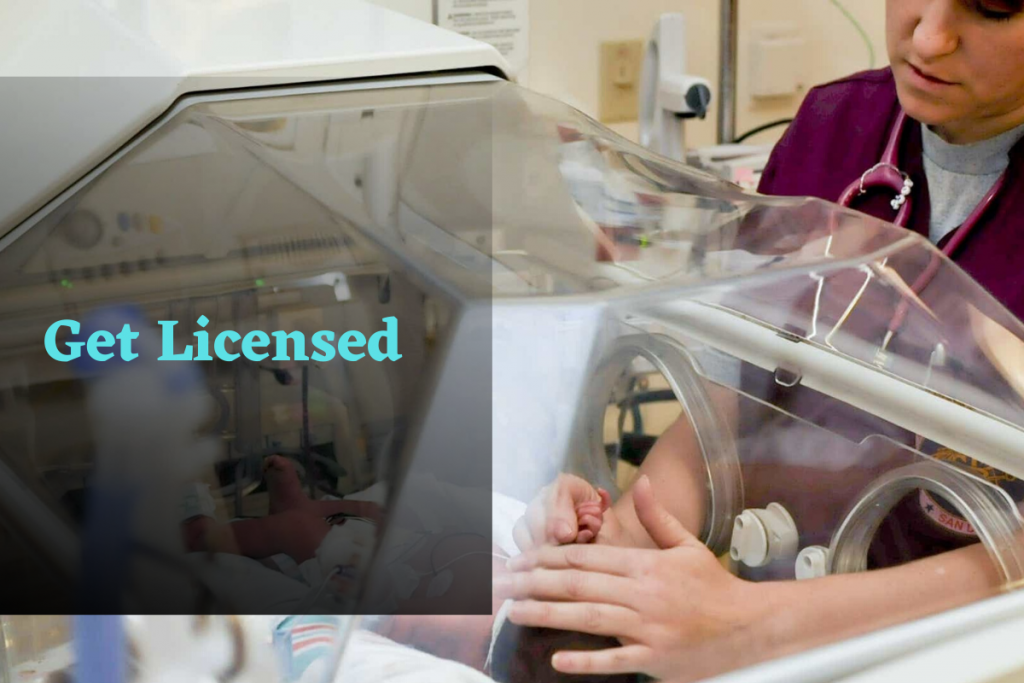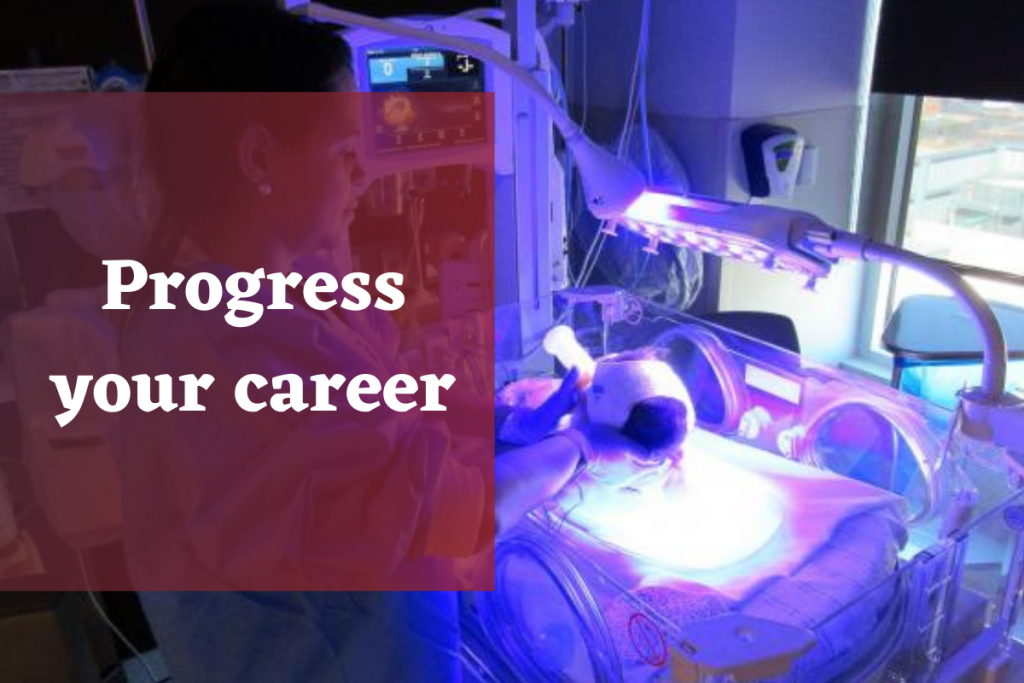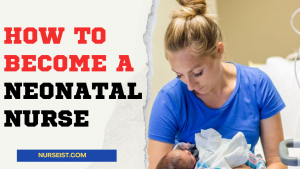| Educational Background | Associates or bachelor’s degree. Master’s degree in Neonatal nursing. |
| Job field | Neonatal Intensive Care units – both hospitals and clinics. Emergency care units etc. |
| Certification | Neonatal nurses can obtain this certification from national certifying bodies such as the American Nurses Credentialing Center or National Certification Corporation. |
| License | National Council Licensure Examination (NCLEX-RN) |
| Key Skills | Pediatric NursingPediatric Intensive Care NursingMaternal-Child NursingWell Baby NursingLabor and Delivery Nursing |
| Experience | 2-3 years as an RN |
Neonatal nursing can be thought of as a noble profession because the nurses tend to care for life that has just come to the world. Neonatal nursing can make you more compassionate and sincere about life. If you love babies and think you are up for a challenge then neonatal nursing can provide you rich career and not just in monetary value but also as value of life. Sometimes picking a career in nursing can be a very daunting task because regardless of your likes and dislikes, every field has its own pros and cons and if you are unable to cope up or overcome those cons then obstacles keep coming in and at some point you’ll get fed up.
That’s why always research thoroughly because that will help you match your skills and expertise with your desired field. Below is a complete guideline to how to become a neonatal nurse. A candidate who is sitting for a nursing exam or an RN who has decided to progress their career can go through it and decide if they want to make a career in neonatal or not.
Basic requirements –
Now there are several steps to becoming a forensic nurse
Step 1: Complete basic education requirements and become a RN
As Neonatal nursing is an advanced nursing field, first to become one, a nursing student must become an RN first.
The quickest way to become an RN is by earning an Associate’s Degree in Nursing (ADN), it is a 2 year program but the only problem is that this program is not sufficient for many healthcare organizations thus it becomes tough to find a job.
The most proficient way is to by earning a Bachelor’s degree in nursing, it’s a 4 year program and it can be done from any nursing college or university. There is also a diploma in nursing which takes about 3 years to complete.
Step 2: Get Licensed

After graduating, the nurses need a state approval so that they can start working in a clinic or any healthcare organization so they need to take an examination which is called the National Council Licensure Examination for Registered Nurses (NCLEX-RN). In order to earn a state level license and work freely, they need to pass this exam.
Step 3: Gather Neonatal experience
Since Neonatal nursing is pretty delicate, most forensic employers want their applicants to be well experienced in nursing fields, at least about 2 to 3 years.
Most students start as LPN or RN, they accumulate experience and eventually move further up in the rank or position according to their performance.
RNs can garner the experience of neonatal nursing by working in acute and non-acute settings of neonatal with the collaboration of other healthcare members.
Step 4: Obtain a Master’s degree in MSN
A Master’s or doctoral degree in forensic nursing is required to become a forensic nurse. An advanced degree such as the Master’s or the doctoral program will provide you with relevant information about forensic nursing and will give you an opportunity to earn experience inside your desired field. MSN in Neonatal is offered by institutions which have Advanced Practice Neonatal Nursing (APNN) program in their curriculum. After earning this degree you can work as a Neonatal nurse in hospitals or clinics.
Step 5: Certification
After completing their education and gaining some experience, a NICU nurse can apply for a state approval through American Nurses Credentialing Center or National Certification Corporation. After earning a certification they can work in a clinic or any healthcare organization without any problem.
The certification program is designed to check the competency of RNs, if they are well competent, they can work competently as a NICU nurse or not. To retain their certification, they need to keep working as a NICU nurse and continue ongoing education and cope up with any sort of change.
There are some misconceptions between license and certification; they are two different things. Being certified means that nurse is competent enough to administer medication to patients and being licensed means they are legally permitted to practice in their state of residence.
Step 6: Progress your career

After you’ve worked in NICU for a while and decide to progress your career even further, you can also do that by pursuing advanced education. There are a lot of options to pursue; you can aim to become a clinical nurse specialist (CNS). But before that, you have to complete your training as a Neonatal Advanced Practice Registered Nurse (N-APRN). Having a Master’s or a doctoral degree is a must if you want to pursue these paths.
Career and opportunities in N-APRN & CNS are immense and ever growing, the working field is not just hospitals, clinics or neonatal facilities but also research facilities and training Centres where they can be appointed as research specialists and NICU trainers.
There are options to switch to pediatric support too; this is an additional option the neonatal nurses can choose from. The field is called neonatal pediatric transport. The nurses from this fieldwork as part of the pediatric transport team when a critically ill newborn needs to move from one facility to another.
No certification is required in this field but the healthcare organizations recommend to have at least two years of experience in pediatric care, the experience makes it easier for the nurses to pass the pediatric care test.

Leave a Reply